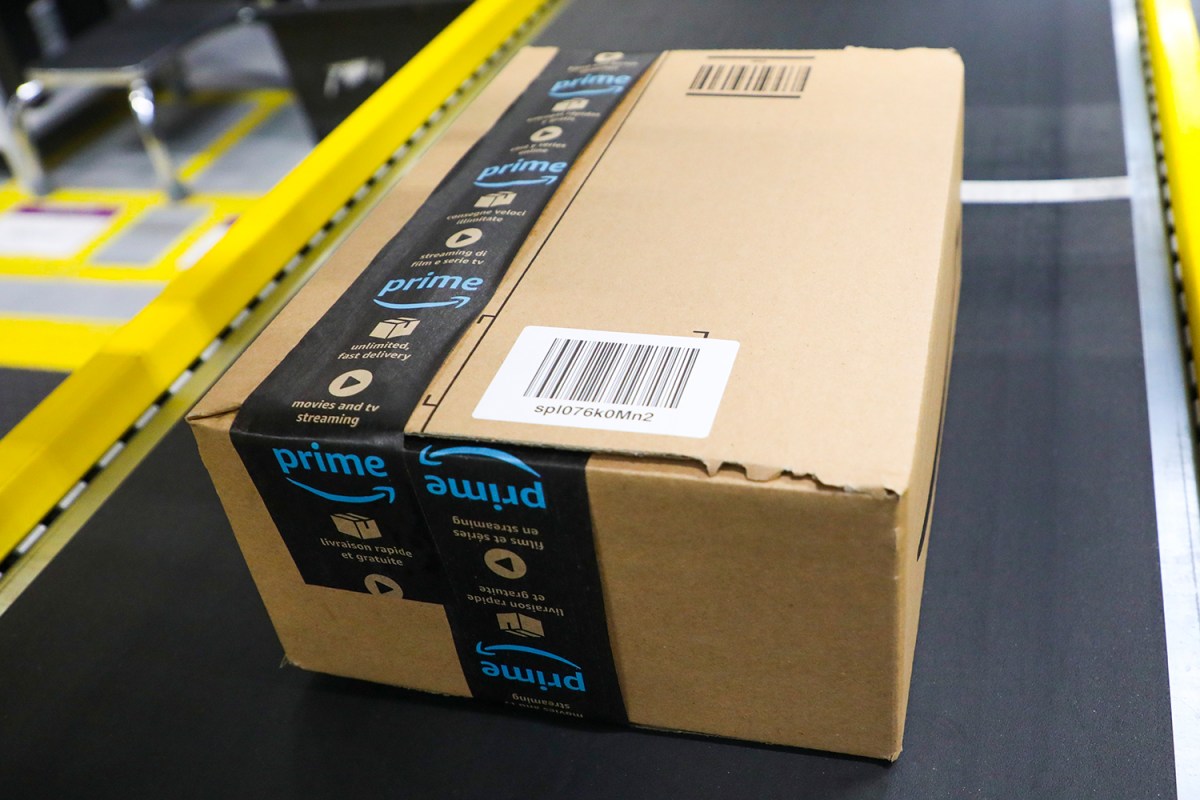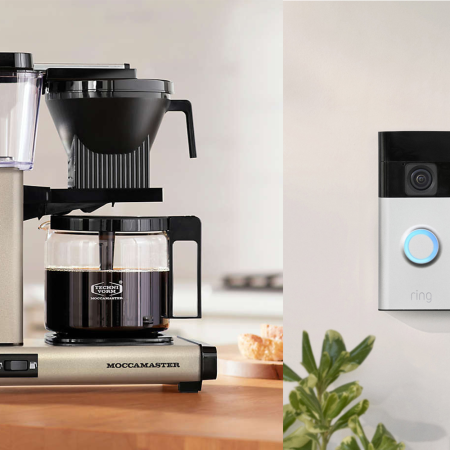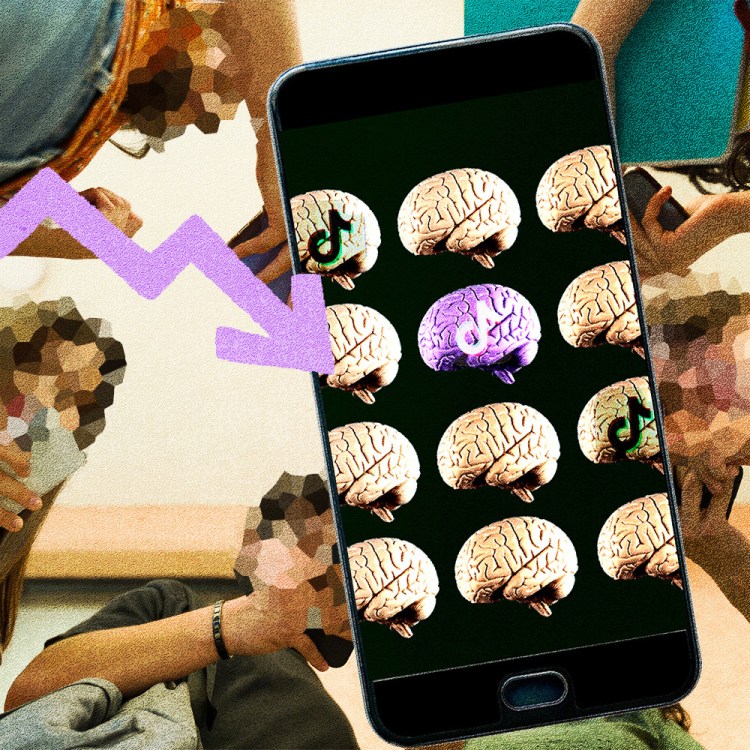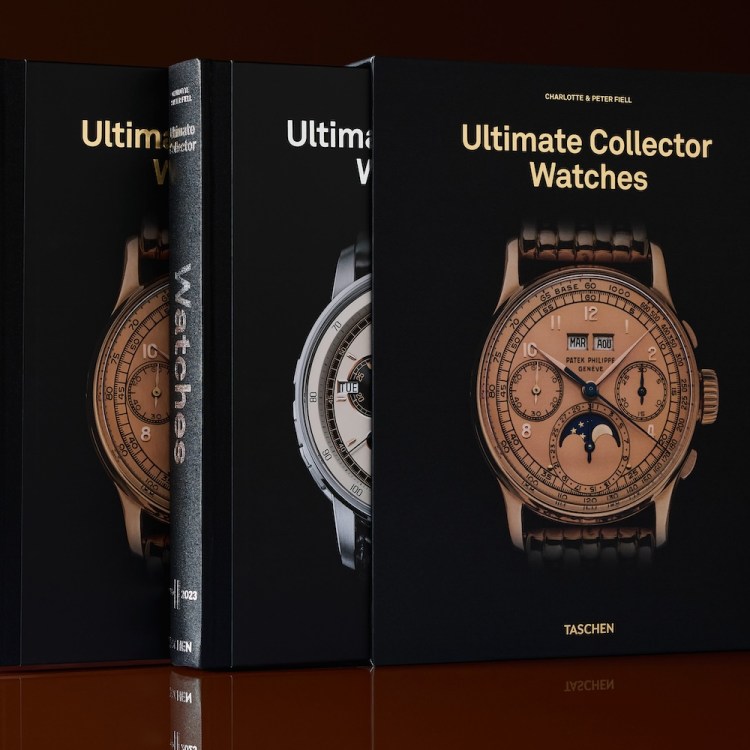It’s almost Prime Day.
Amazon’s annual July sale for its premium subscribers, which is expanding to both the 15th and 16th this year, surpassed both Cyber Monday and Black Friday in sales in 2018. But if you think it’s all fun and deals, think again.
In a new article in Fast Company, the magazine takes a look at how the “2-day parade of epic deals” is actually a bad deal for shoppers. Not only are many of the discounts not as good as you think they are, but the sale is crafted to influence your buying habits year-round.
Here are just some of the ways Amazon’s Prime Day is manipulating you:
- It’s meant to feel like a holiday: As we mentioned before, Prime Day can feel like a holiday to some shoppers — and that’s intentional, because research shows people spend more when it’s a special occasion. Except instead of Michael Bublé Christmas specials, they’ve got Taylor Swift concerts.
- Big sales can feel as good as sex: It doesn’t matter if you’re getting a good deal on a product or not. As the magazine writes, “When we buy something during a sale, our brain gives us a rewarding dopamine rush similar to sex.”
- It’s changed our shopping habits: The slow period for retail used to last from the winter holiday season to August, when back-to-school shopping starts. But July’s Prime Day has shortened that window. And it’s working because consumers like to shop early “to avoid anxiety.” The piece also notes a mental shift: instead of only looking for things we need, people are now “perpetually open to suggestion.”
- Deals trick you into unnecessary spending: Fast Company spoke with psychologist Kit Yarrow for the feature and notes that her “research has found that sales-obsessed shoppers ultimately end up spending more than non-sale shoppers.”
- Some discounts are fake: Consumer Reports writer Jim Wilcox recommends using a price-tracking site like camelcamelcamel to see which prices have been artificially raised before the sale to create the illusion of a discount.
In the end, Prime Day isn’t about selling the most stuff. It’s about getting you to sign up for Amazon’s paid Prime subscription service and subsequently use the platform to buy more and more of their goods. It’s about getting more people to not just become loyal Amazon shoppers, but Amazon-only shoppers.
Editor’s Note: RealClearLife, a news and lifestyle publisher, is now a part of InsideHook. Together, we’ll be covering current events, pop culture, sports, travel, health and the world. Subscribe here for our free daily newsletter.
Thanks for reading InsideHook. Sign up for our daily newsletter and be in the know.



















